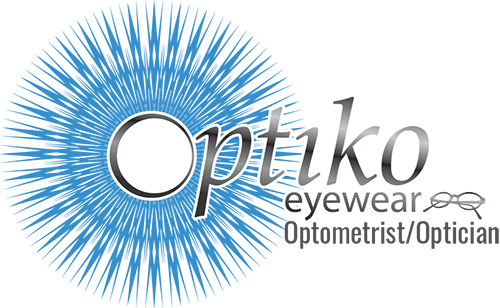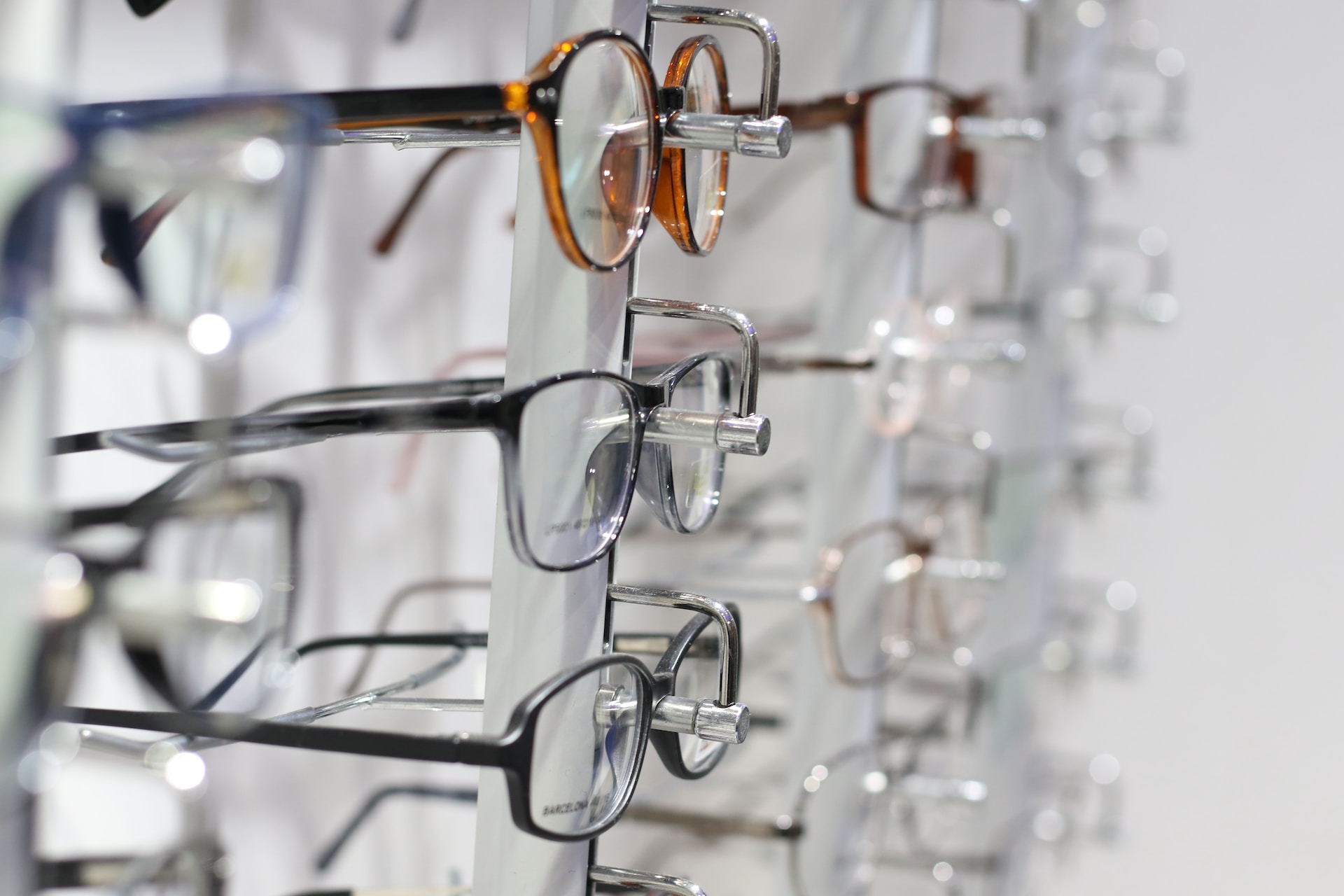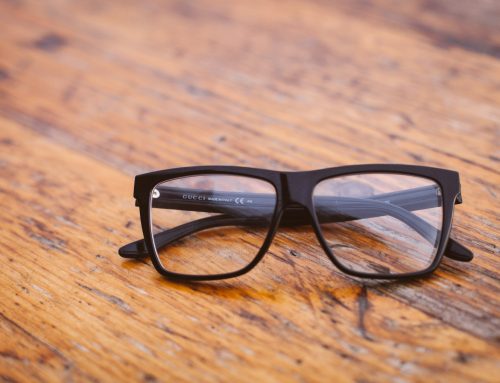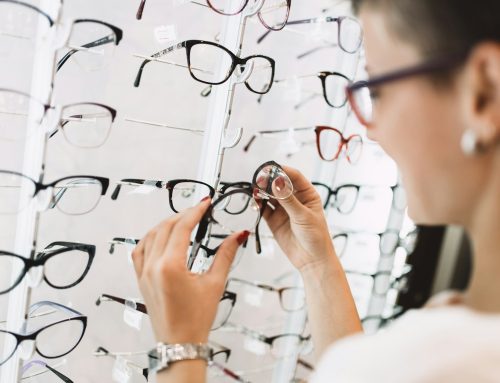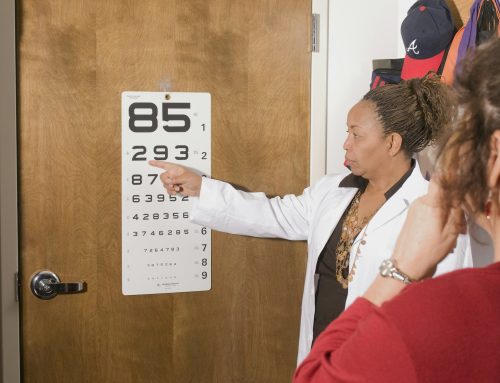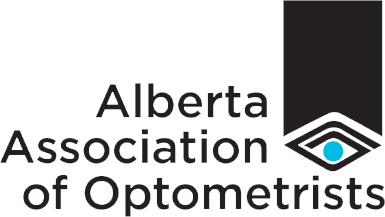Regular eye exams are essential to maintaining good eye health and ensuring that you have the correct prescription for your glasses or contact lenses. However, it is common for people to wonder how often they need to get their eyes checked and how long their eye prescription will last. In this article, we will explore how long an eye prescription typically lasts and factors that may affect its duration. Understanding these factors can help you make informed decisions about your eye health and ensure that your vision remains clear and comfortable.
What is an Eye Prescription?
An eye prescription is a written order from an eye doctor or optometrist that specifies the correct lenses or corrective measures needed to correct a person’s vision. It contains information about the power of the lenses needed to correct any refractive error, such as nearsightedness, farsightedness, or astigmatism.
How Long Does an Eye Prescription Last?
The duration of an eye prescription depends on several factors, including age, overall health, and vision changes. In general, an eye prescription can last anywhere from one to two years, depending on the individual’s age and eye health.
For people under the age of 40 who have good eye health and stable vision, an eye prescription typically lasts for about two years. However, for people over 40 or those with certain health conditions, such as diabetes, high blood pressure, or a family history of eye diseases, an eye prescription may need to be updated more frequently.
Factors That Affect the Duration of an Eye Prescription
Several factors can affect how long an eye prescription lasts, including:
1. Age
As people age, their eyes undergo changes that can affect their prescription. For example, the lenses in the eyes become less flexible, leading to presbyopia, a condition in which the eyes have difficulty focusing on close objects.
2. Health Conditions
Certain health conditions, such as diabetes, high blood pressure, and autoimmune diseases, can affect the eyes and lead to changes in vision that require a new prescription.
3. Medications
Some medications can affect vision and require a new prescription. For example, corticosteroids used to treat inflammation can cause cataracts and glaucoma, which can lead to changes in vision.
4. Lifestyle Factors
Certain lifestyle factors, such as smoking, poor nutrition, and exposure to UV radiation, can affect eye health and lead to changes in vision that require a new prescription.
How Is an Eye Prescription Determined?
An eye prescription is determined through a comprehensive eye exam by an eye doctor or optometrist. The exam typically includes the following steps:
1. Medical History
The eye doctor will ask about any medical conditions, medications, and family history of eye problems.
2. Visual Acuity Test
This test measures how well you can see at different distances using an eye chart.
3. Refraction Test
This test determines the correct lens prescription by having you look through a series of lenses while the eye doctor changes the lenses to find the one that provides the clearest vision.
4. Eye Health Evaluation
The eye doctor will examine the structures of the eye, including the retina, optic nerve, and blood vessels, to check for any signs of disease or damage.
Based on the results of these tests, the eye doctor will determine the appropriate prescription for glasses or contact lenses, if needed, to correct any refractive errors. They may also recommend further testing or treatment if any eye health issues are detected.
Conclusion
The duration of an eye prescription largely depends on the individual’s eye health and age, as well as the type of prescription given. While it is recommended to have an eye exam every one to two years, those with certain eye conditions or health issues may need more frequent exams. It is important to follow the advice of your eye doctor and maintain good eye health habits to ensure the longevity of your prescription and overall eye health. Regular eye exams not only help to update prescriptions but also detect any potential eye diseases and ensure proper eye care. Therefore, it is important to prioritize regular eye exams as a part of your overall health routine.
If you need to get an eye exam in Calgary, contact Optiko. From providing you with extensive eye-exams to showing off an array of designer-made frames, we have everything you need at our Market Mall and Sunridge Mall clinic locations.
